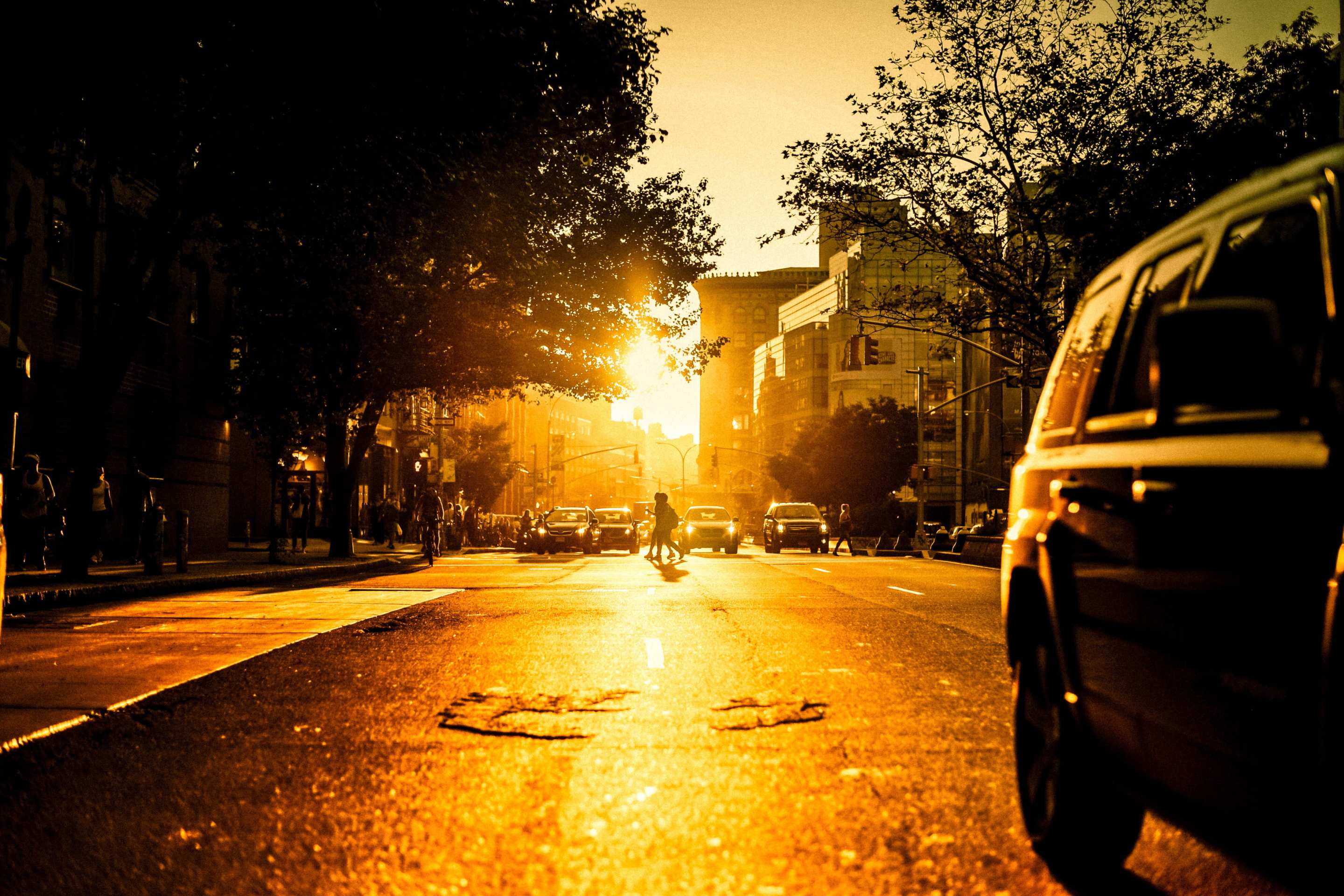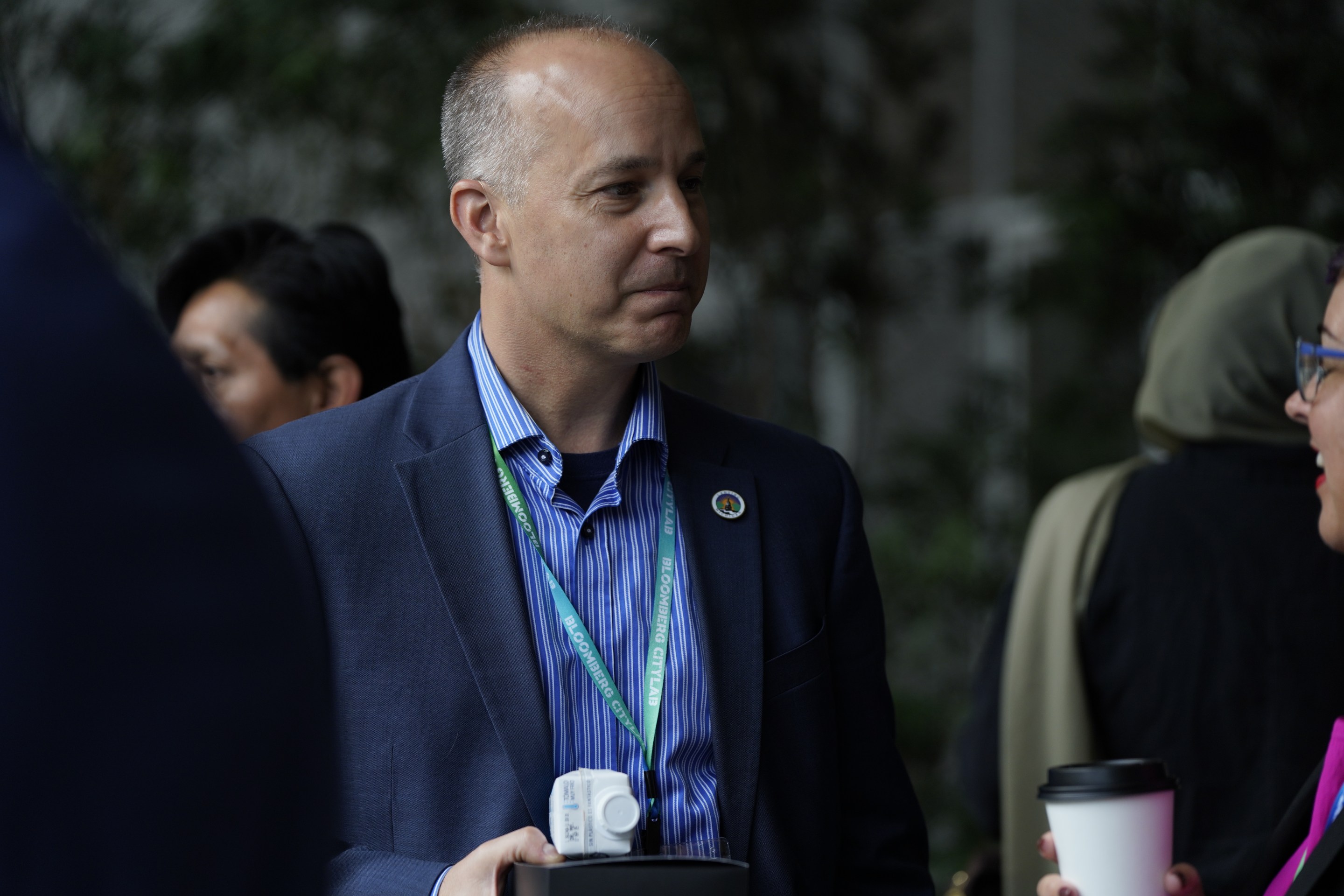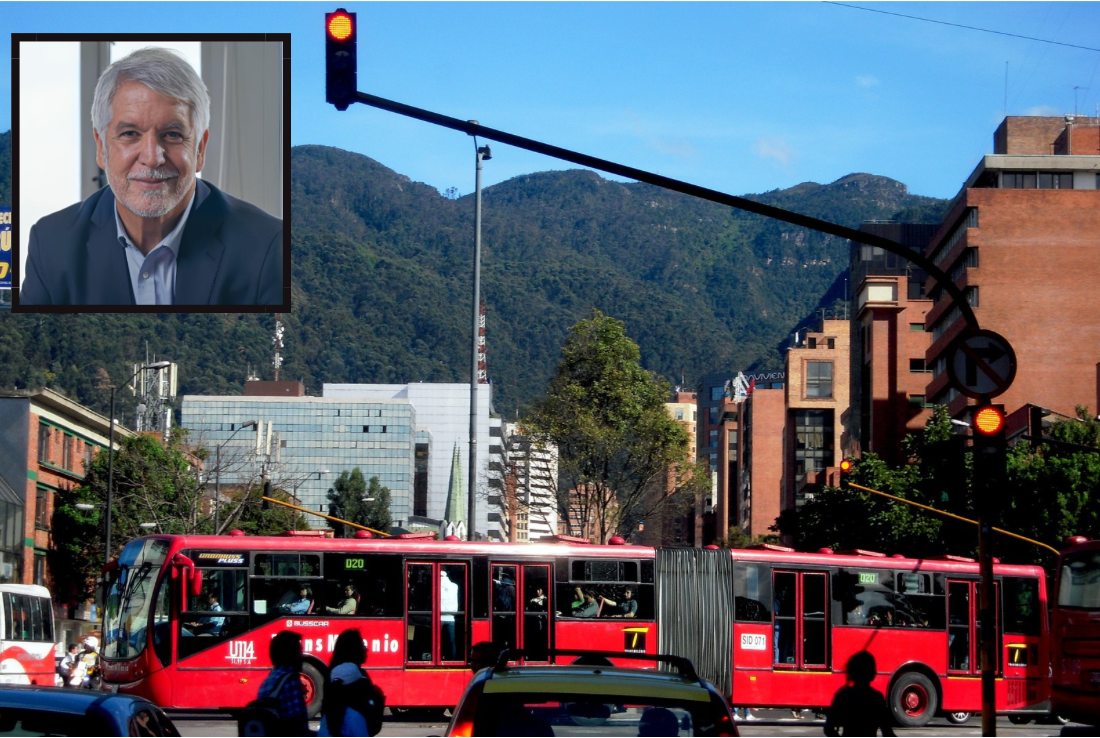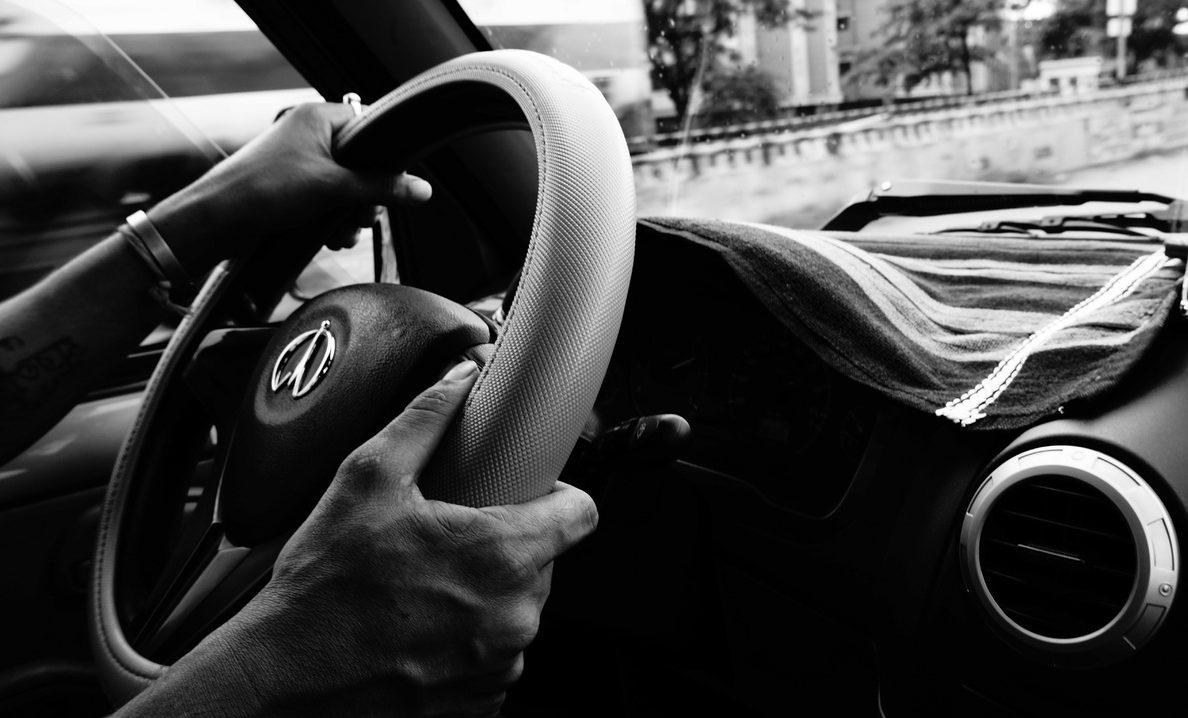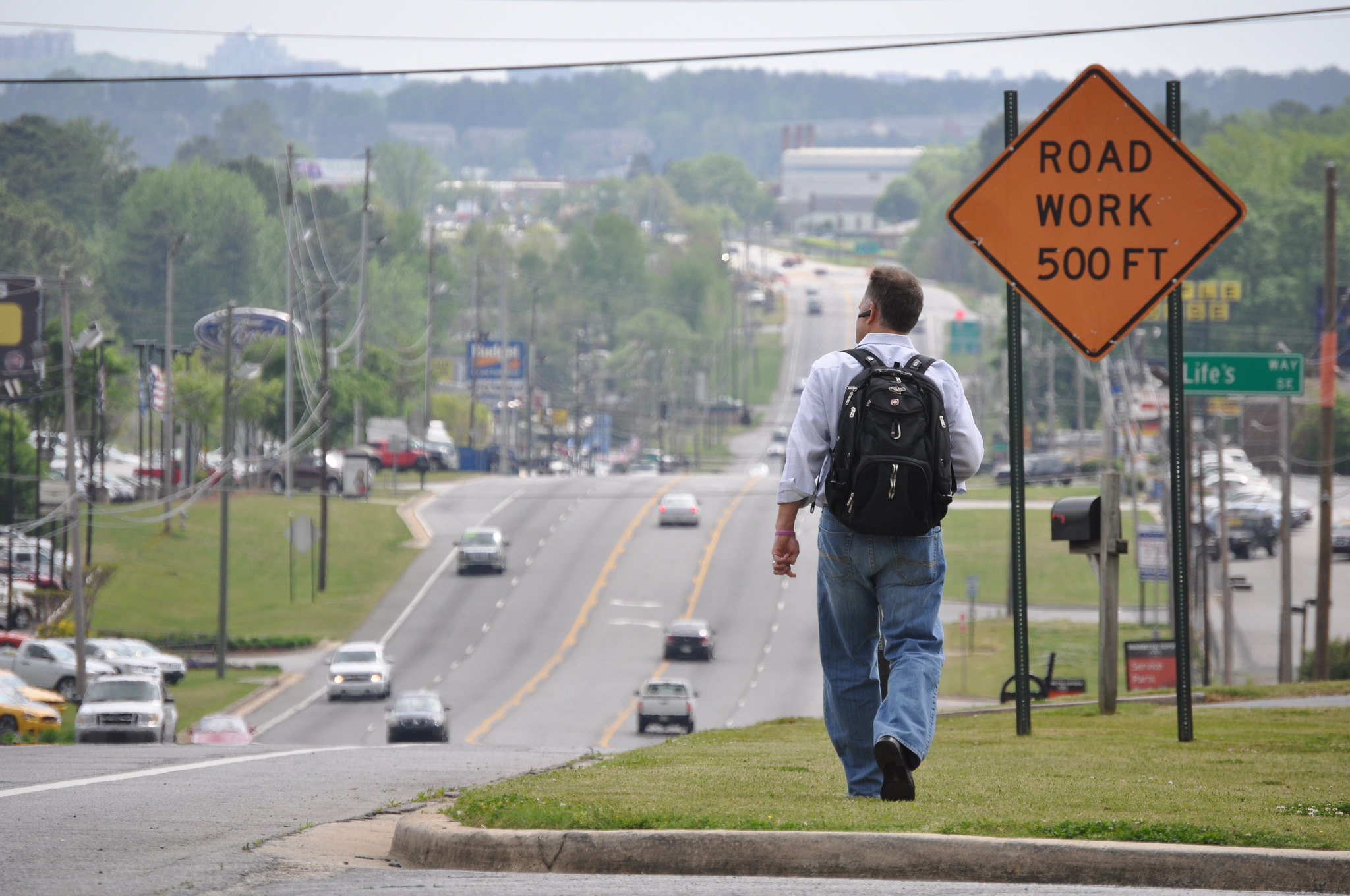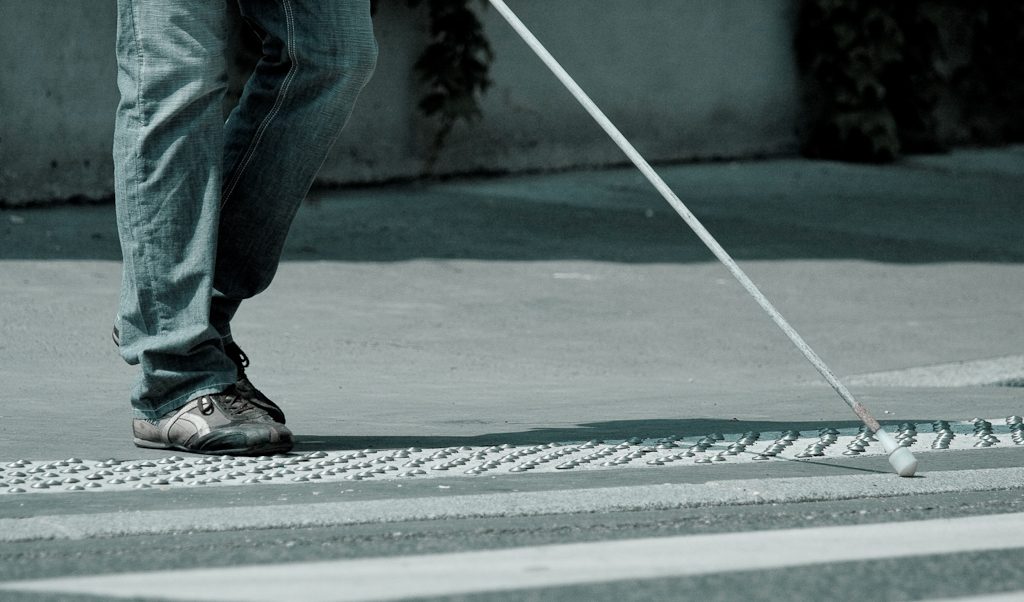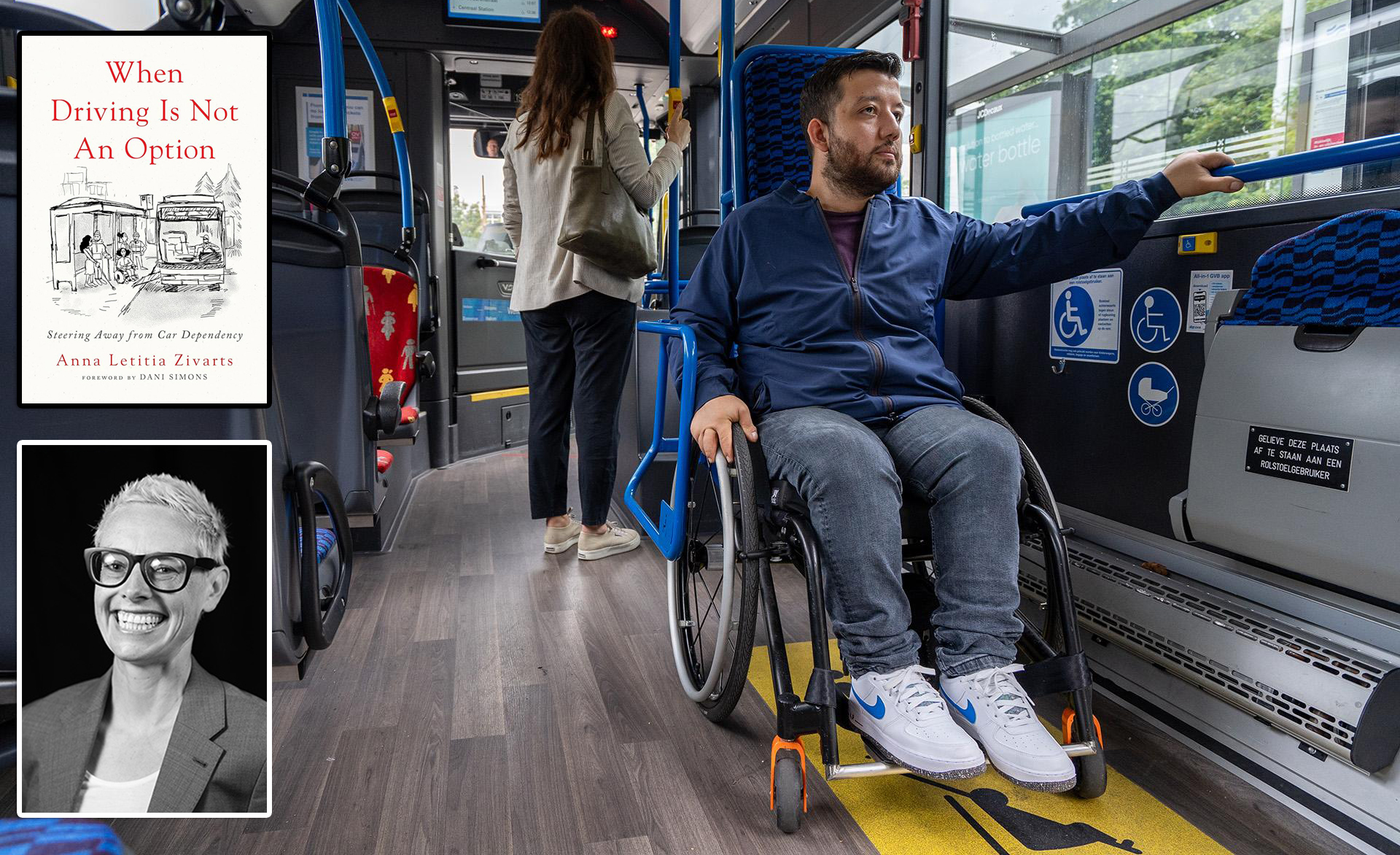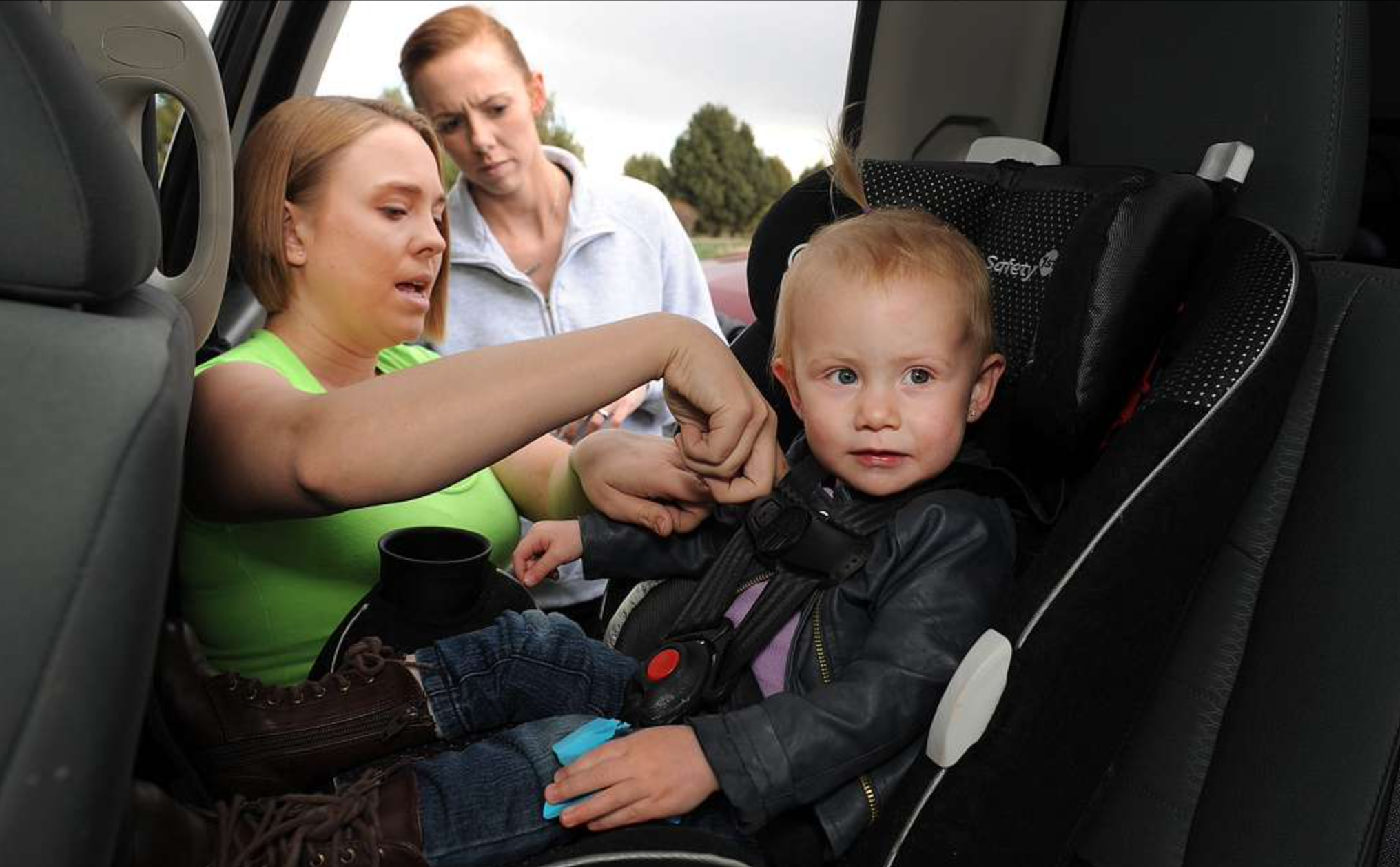Mobility Justice
Report: Confronting Car Dependence Won’t Just Help With Climate Change; It’s a $6.2 Trillion Opportunity
Making driving truly optional can save the planet — and save American households trillions of dollars.
How America’s Mayors Are Fighting Back Against Harmful Highways
Mayors across the country are fighting for funds to heal harmful highway expansions. But what does it take to make an application stand out?
A Chat with USDOT’s Mariia Zimmerman
Last week, the mobility justice nonprofit Equiticity held its annual meeting, titled “Racial Equity in Motion: Exploring the Intersection of Transportation, Environmental Justice, and Public Health,” at Impact House, 200 W. Madison. Streetsblog Chicago has the highlights.
Six Reasons Why Native Americans Have the Highest Rate of Pedestrian Deaths
American Indians and Alaska Natives consistently report the highest rates of pedestrian deaths per capita. A recent panel unpacked why, and what to do about it.
How Cities Can Put Equality First Through Sustainable Transportation
"One equality that good cities construct is that rich and poor meet as equals in many places — [especially] in public spaces."
Three-Quarters of Black Motorists Are Struggling With the Cost of Car Ownership
Forcing everyone to rely on cars hurts millions of U.S. families financially — but for Black families, the burden is far worse.
Three Unseen Harms of America’s Pedestrian Death Crisis
If 7,500+ dead pedestrians isn't enough inspire change, maybe the ocean of injuries, grieving loved ones and lost opportunities can.
What We Can Learn From the 30 Percent of Americans Who Can’t Drive
...and why even that number is likely an undercount.
The Dawn of the ‘Non-Driver’ Movement: A Conversation with Anna Zivarts
"At the end of the day, there are going to be folks who still can't drive and can't afford to drive — and there are still going to be a lot of us."
How Car-Centric Cities Make Caring For Families Stressful — Particularly For Women
Women do a disproportionate share of the care-related travel their households rely on — and car-focused planning isn't making matters easier.
